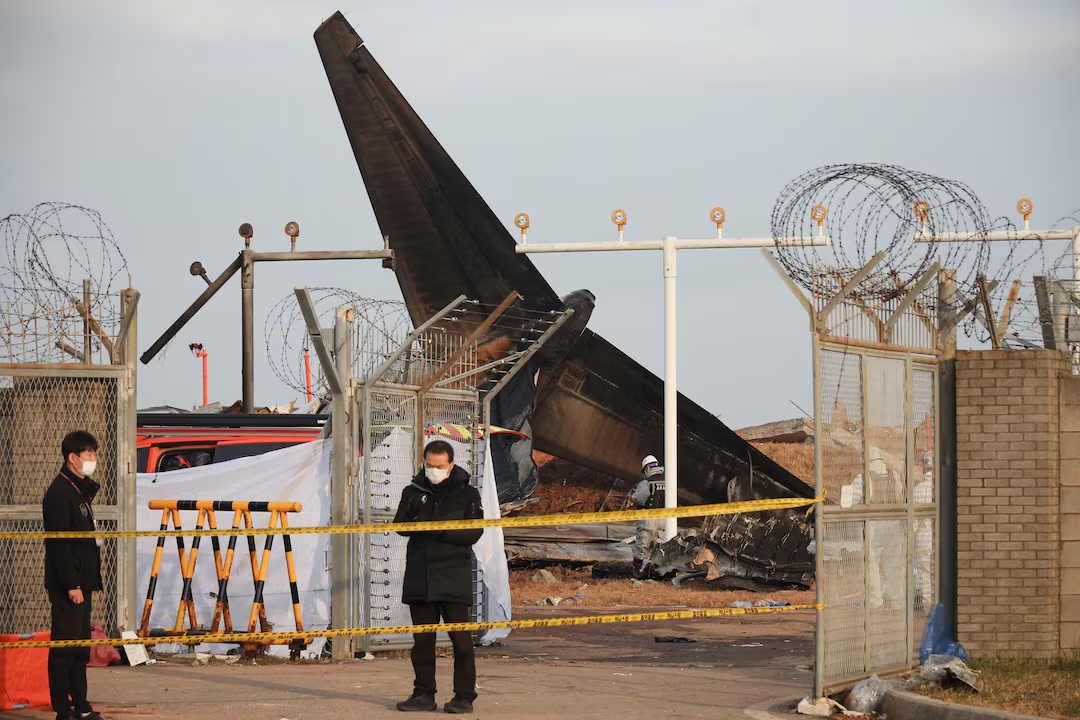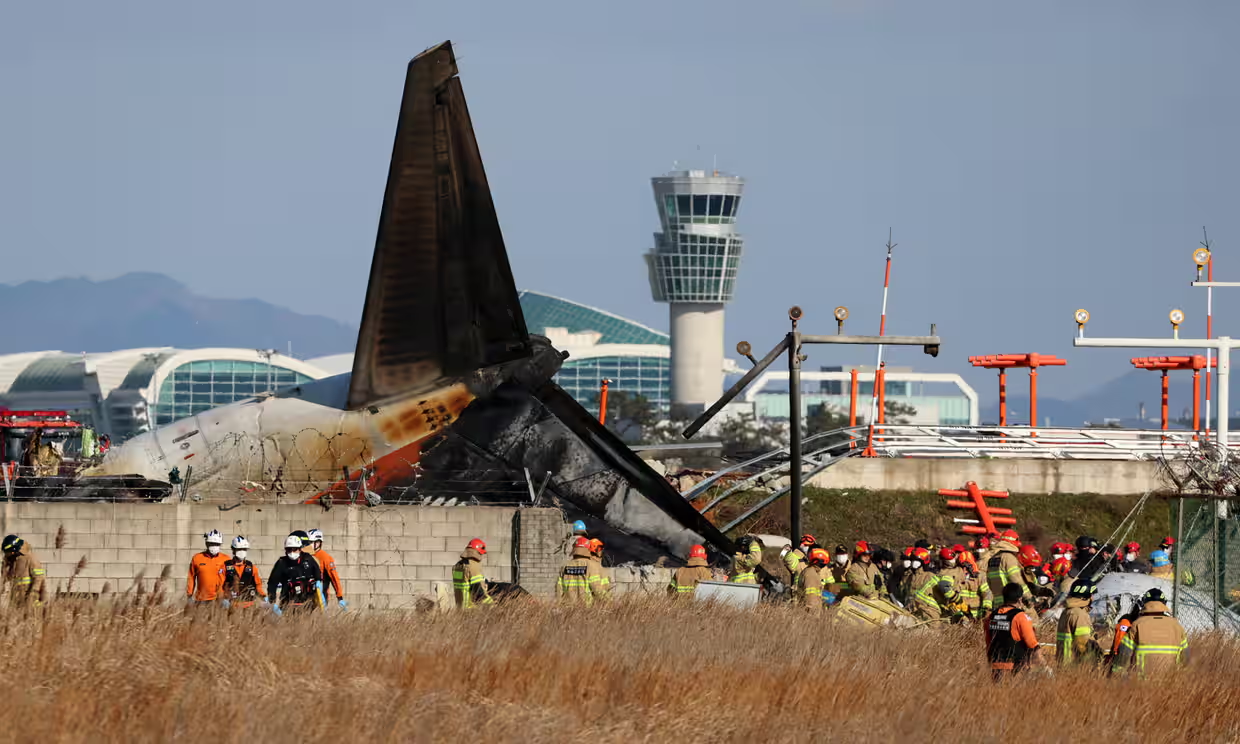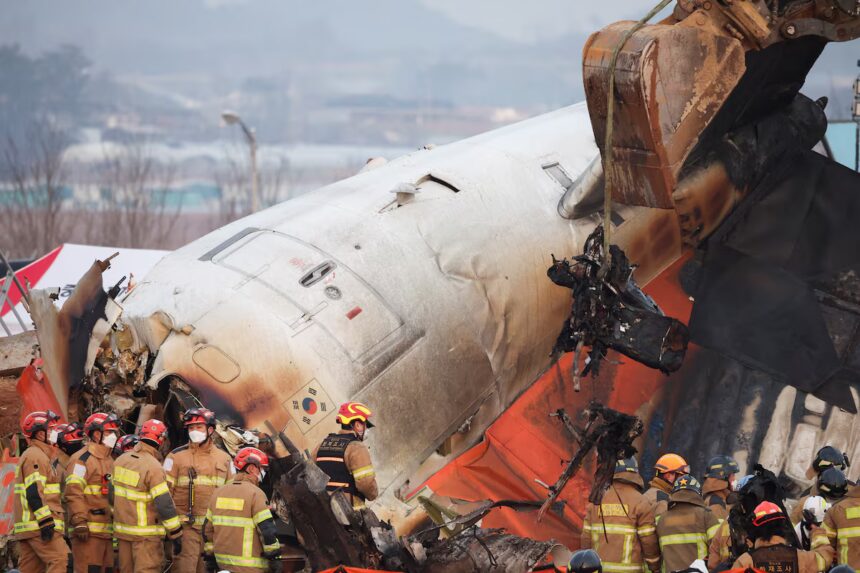South Korea will be inspecting all B737-800 aircraft operated by domestic airlines, announced on Monday. This inspection will happen following the unfortunate crash landing of a passenger jet, operated by Jeju Air, on Sunday, which led to the deaths of 179 people, leaving only 2 survivors.

Inspection of Boeing B737-800
People are questioning the effectiveness of the South Korean government in being able to handle the country’s worst aviation disaster in decades. The now-acting president, Choi Sang-mok, appointed two days before the disaster, has been put in charge of handling the emergency response. He has assumed the role due to the vacancy of the minister of the Ministry of Interior and Safety, who would usually lead disaster response protocol. Choi Sang-mok is simultaneously handling the responsibilities of the president, prime minister, and head of the Central Disaster and Safety Countermeasures Headquarters (CDSCH).
The government is currently struggling with a leadership vacuum, following the impeachment of the country’s two top officials, President Yoon Suk Yeol and Prime Minister Han Duck-soo. President Yoon Suk Yeol’s attempt to impose martial law in December ignited the political turmoil.
Investigators are still determining the reason for the fatal crash. Jeju Air’s Boeing 737-800, unable to deploy its landing gear, slid down the runway, collided with a wall, and burst into flames. Acting President Choi Sang-mok has declared that the domestic airline operations system will undergo an emergency safety check to identify the cause of the failure.
“The essence of a responsible response would be renovating the aviation safety systems on the whole to prevent recurrences of similar incidents and building a safer Republic of South Korea,” said Choi Sang-Mok.
Earlier on Monday, Jeju Air also operated a Boeing 737-800 aircraft in another incident. The aircraft returned to Seoul Gimpo International Airport soon after takeoff because the pilot detected a landing gear issue. Fortunately, a checkup confirmed that the landing gear was functioning properly. With over 100 Boeing 737-800s operated, primarily by budget airlines, in South Korea, an investigation into the aircraft is crucial to ensure safety on future flights.
“We are looking to first conduct a special safety inspection of B737-800 Boeing aircraft in operation,” an official at the transport ministry announced. “We will check their operating ratios and if airlines are abiding by safety rules, including regular maintenance before and after flights.”

The Jeju Air crash
Jeju Air is the first and the largest low-cost airline in South Korea, operating a Boeing 737 family fleet with 39 B737-800 aircraft.
The ministry has also announced a potential investigation into Jeju Air for violating safety regulations. Jeju Air’s aircraft had the longest operating hours per month, compared to the other airlines in South Korea. The B737-800, which crashed on Sunday, had already flown 13 times, 48 hours prior to the accident.
Since 2020, the airline has already received nine fines for violating safety rules. The investigation into the accident is still ongoing; therefore, Jeju Air’s role in it remains unconfirmed. Jeju Air asserted that the airline did not violate any safety regulations due to the relatively low number of flights and adherence to maintenance regulations.
Do you think the investigation into B737-800 will reveal any problems with the aircrafts? Let us know in the comments below









